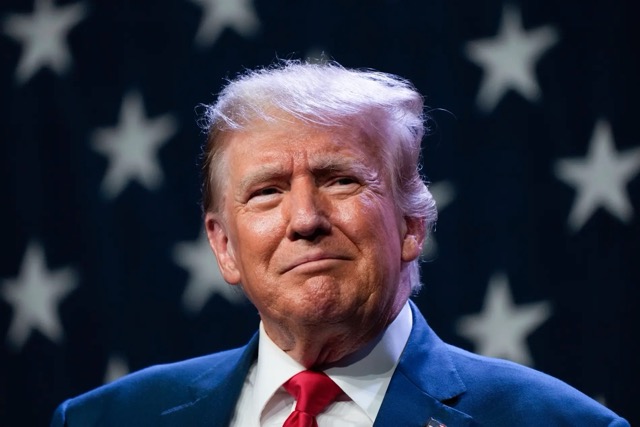France this week became the largest European nation and the first G7 country to recognize a Palestinian state—a move that has drawn sharp criticism from Israel and sparked frustration in Washington.
In remarks to the press on Friday, President Donald Trump dismissed French President Emmanuel Macron’s announcement, downplaying its significance.
“The good news is, what he says doesn’t matter. It won’t change anything,” Trump said to reporters on the White House lawn. “He’s a good guy. I like him, but that statement carries no weight.”
Trump went on to describe Macron as “a different kind of guy” but still “a team player.” Macron reportedly plans to formalize France’s recognition of Palestinian statehood during the United Nations General Assembly in September.
The decision was made public through a letter sent to Palestinian President Mahmoud Abbas, in which Macron wrote, “True to its historic commitment to a just and lasting peace in the Middle East, I have decided that France will recognize the State of Palestine.”
Despite France’s move, other major European nations such as Germany have indicated they do not intend to follow suit. The UK also has not officially recognized a Palestinian state, although Prime Minister Keir Starmer recently called Palestinian statehood “the inalienable right of the Palestinian people.” Nevertheless, Britain tends to align closely with U.S. policy regarding Israel.
Meanwhile, much of the Global South continues to push for Palestinian recognition, with over 140 countries already having done so—including around a dozen smaller European nations.
Sweden was the first European Union member to officially recognize Palestine in 2014. Before joining the EU in 2004, Cyprus had already done so in 1988. Several Eastern European countries—Bulgaria, the Czech Republic, Hungary, Poland, Romania, and Slovakia—recognized Palestinian statehood during the Soviet era.
In 2024, amid escalating violence in Gaza, Ireland, Malta, Norway, Slovenia, and Spain also formally recognized the State of Palestine.
 Telegram is where we really talk. Don't miss out!
Telegram is where we really talk. Don't miss out!






